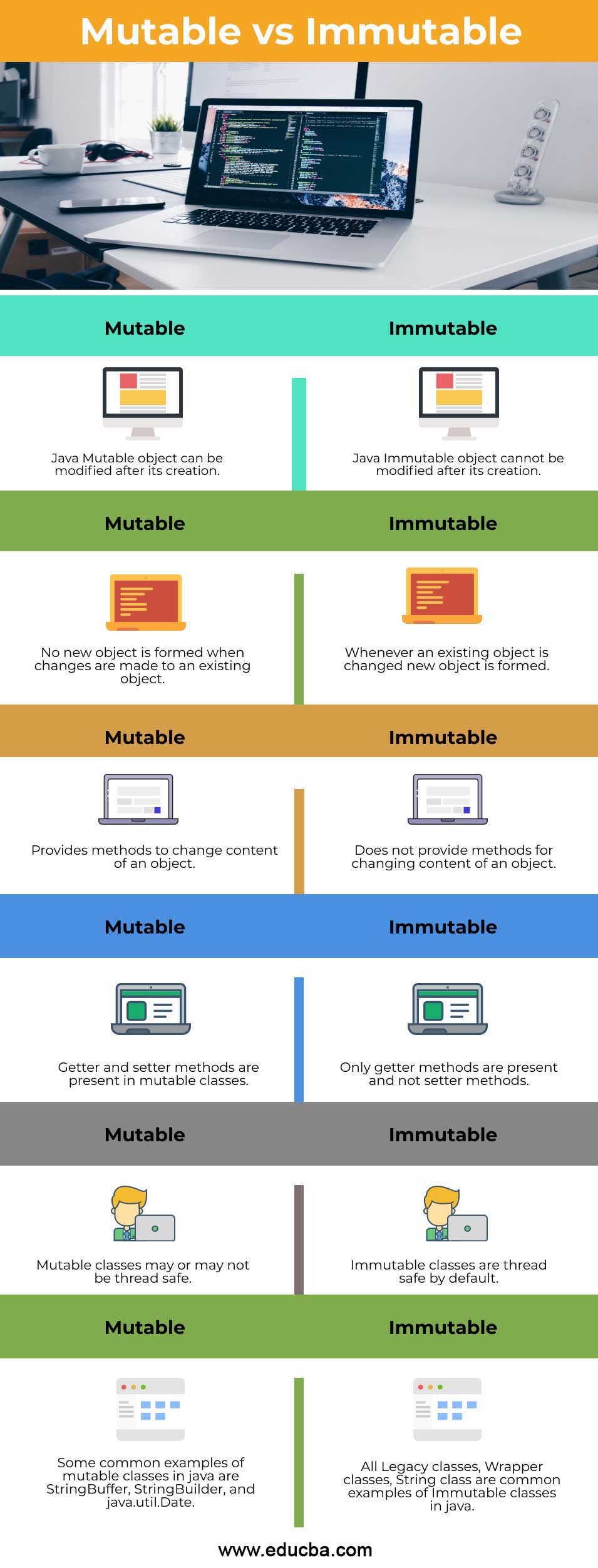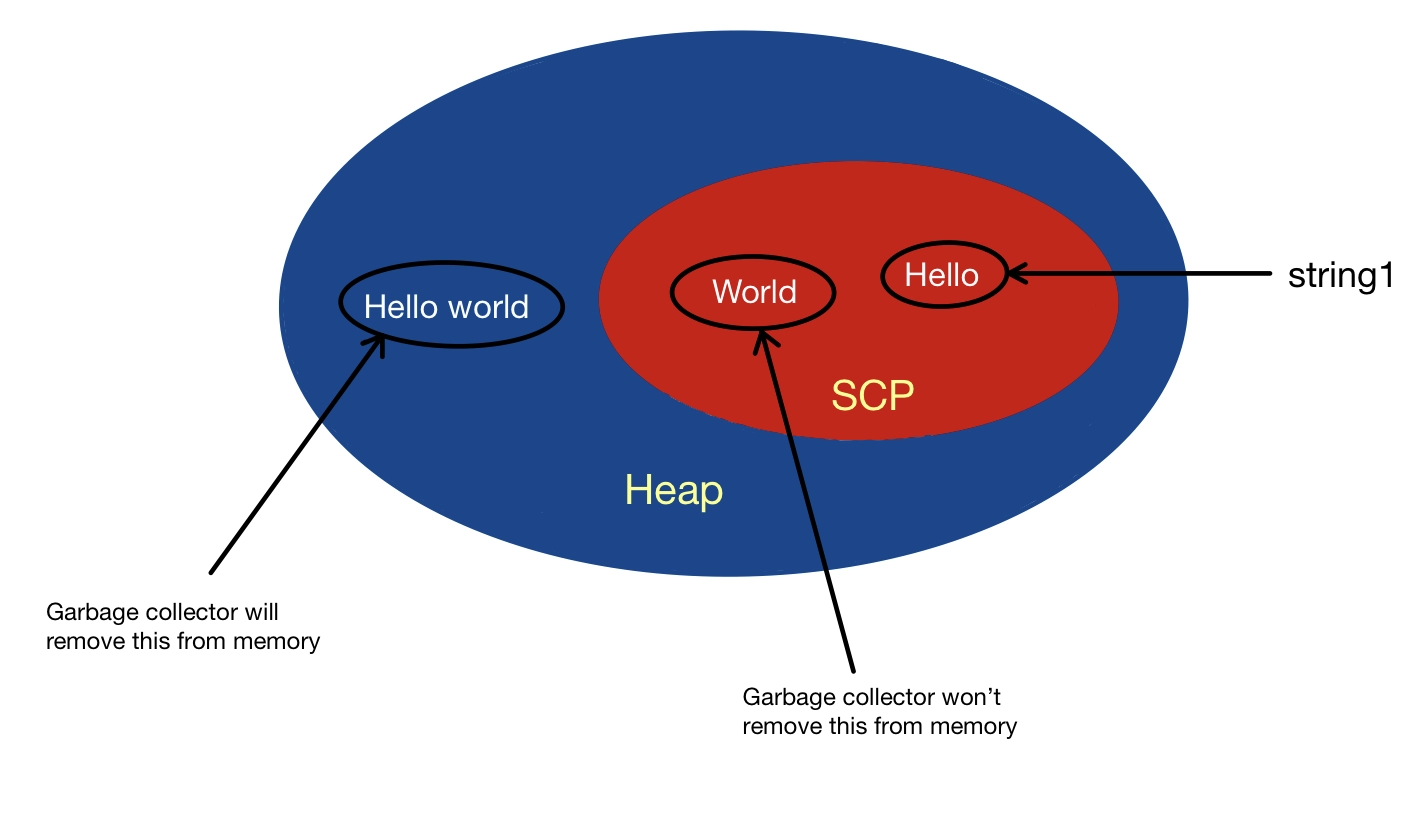The Development of Unalterable String Handling: A Crucial Aspect of Software Program Advancement
In the intricate world of software growth, the handling of immutable strings stands as a cornerstone that has undergone substantial evolution gradually. From its modest beginnings to the facility tests experienced in very early applications, the journey of immutable string manipulation has been an important element of software program design. As we browse through the historic landscape of this fundamental principle, tracing the improvements, security implications, and arising fads, we discover ourselves at a juncture where the innate worth of comprehending this development becomes increasingly evident.
Beginnings of Immutable Strings
When designers looked for to enhance the integrity and protection of information managing mechanisms,The concept of unalterable strings traces back to the very early days of programming languages. Unalterable strings describe strings that can not be altered after they are produced. This fundamental principle was introduced to address problems concerning information honesty and protect against unplanned modifications to important info saved as strings.

Moreover, immutable strings add to boosting the total protection of software program systems (Why are strings immutable in Java?). By preventing unapproved parties from tampering with delicate string information, unalterable strings help alleviate the risk of information violations and unauthorized access to secret information. This foundational idea continues to play an important function in modern-day programming languages and remains a keystone of robust and protected software development practices
Very Early Obstacles and Solutions
Browsing the landscape of early software program development presented substantial obstacles in making certain the stability and safety and security of data taking care of devices. One of the primary challenges in managing immutable strings was handling memory efficiently. In early systems, memory allocation and deallocation were manual procedures, resulting in potential memory leaks and vulnerabilities. Additionally, ensuring that strings remained unaltered proved to be complex, especially when several parts of the codebase required to gain access to and modify data.
To attend to these challenges, designers began implementing data security methods to protect delicate info kept in immutable strings. Encryption aided protect data from unauthorized accessibility and control. Moreover, the intro of hashing algorithms supplied a way to verify the stability of unalterable strings by producing one-of-a-kind checksums based upon their components. These checksums enabled fast comparisons to determine if any type of adjustments had actually occurred. By including file encryption and hashing methods into the handling of unalterable strings, developers substantially enhanced the protection and dependability of data within software systems.

Improvements in String Immutability
In software application advancement, a remarkable evolution in the handling of immutable strings has arised with advancements in data encryption and hashing techniques. By employing safe hash formulas like SHA-256 or cryptographic strategies such as AES security, programmers can make sure that delicate information stored in unalterable strings remains tamper-proof and protected. These innovations have bolstered the honesty and privacy of data within applications, specifically in sectors where information security is critical, such as money, cybersecurity, and medical care.
In addition, innovations in string immutability have actually led the way for improved efficiency optimization. Unalterable strings enable much more reliable memory monitoring and caching methods, lowering the expenses linked with frequent string controls (Why are strings immutable in Java?). This optimization not only boosts the total responsiveness of software application applications however also adds to better scalability and source use
Safety And Security Effects and Best Practices
With the foundation laid by innovations in string immutability, understanding the safety ramifications and executing ideal methods ends up being extremely important in guarding delicate information within software application applications. Immutable strings play a vital role in boosting security by protecting against unapproved modifications to information, making certain information anchor integrity throughout the application's lifecycle. By using immutable strings, developers can alleviate typical susceptabilities such as injection assaults, barrier overflows, and data tampering, which are typically made use of by malicious stars to jeopardize systems.
This consists of securing information at rest and in transit, carrying out appropriate accessibility controls, using safe and secure coding practices, and routinely updating software elements to spot recognized susceptabilities. By including these safety actions and finest techniques right into software application growth procedures, companies can better protect their data assets and reduce the threat of safety and security breaches and information leakages.
Future Trends in String Handling
In the middle Click Here of the ever-evolving landscape of software application development, the trajectory of string handling is poised to witness significant innovations and advancements. Among the crucial future trends in string handling is the raising concentrate on performance optimization. As software program applications continue to grow in complexity and scale, the efficient handling of strings ends up being vital for maintaining optimal performance. Developers are checking out new algorithms and information structures to boost the rate and effectiveness of string operations.
Furthermore, another fad imminent is the assimilation of expert system (AI) and artificial intelligence (ML) in string dealing with jobs. AI-powered tools are being established to automate and enhance different string control processes, bring about increased performance and accuracy in software application growth workflows.
Additionally, there is a growing emphasis on boosting the protection facets of string managing through advanced encryption strategies and protected coding methods. As cyber risks continue to progress, making sure the stability and privacy of data within strings is becoming a top priority for programmers. By adopting durable safety steps, such as file encryption at rest and in transportation, designers can minimize the threats connected with string control vulnerabilities.
Conclusion
Finally, the advancement of immutable string handling has been a crucial element of software application growth, beginning with its beginnings to the developments made in the last few years. Early challenges have been addressed through ingenious remedies, causing improved safety and security techniques in check that managing strings. It is essential for programmers to remain updated on the current patterns in string immutability to make certain the robustness and security of their software program applications.
Immutable strings refer to strings that can not be transformed after they are created. Why are strings immutable in Java?. By protecting against unauthorized events from tampering with sensitive string data, immutable strings help mitigate the risk of information violations and unapproved accessibility to private information. By incorporating encryption and hashing approaches into the handling of unalterable strings, programmers considerably improved the safety and security and dependability of information within software application systems
Immutable strings allow for a lot more efficient memory monitoring and caching methods, lowering the expenses associated with constant string controls. Immutable strings play an important role in improving security by protecting against unauthorized modifications to information, making sure information integrity throughout the application's lifecycle.